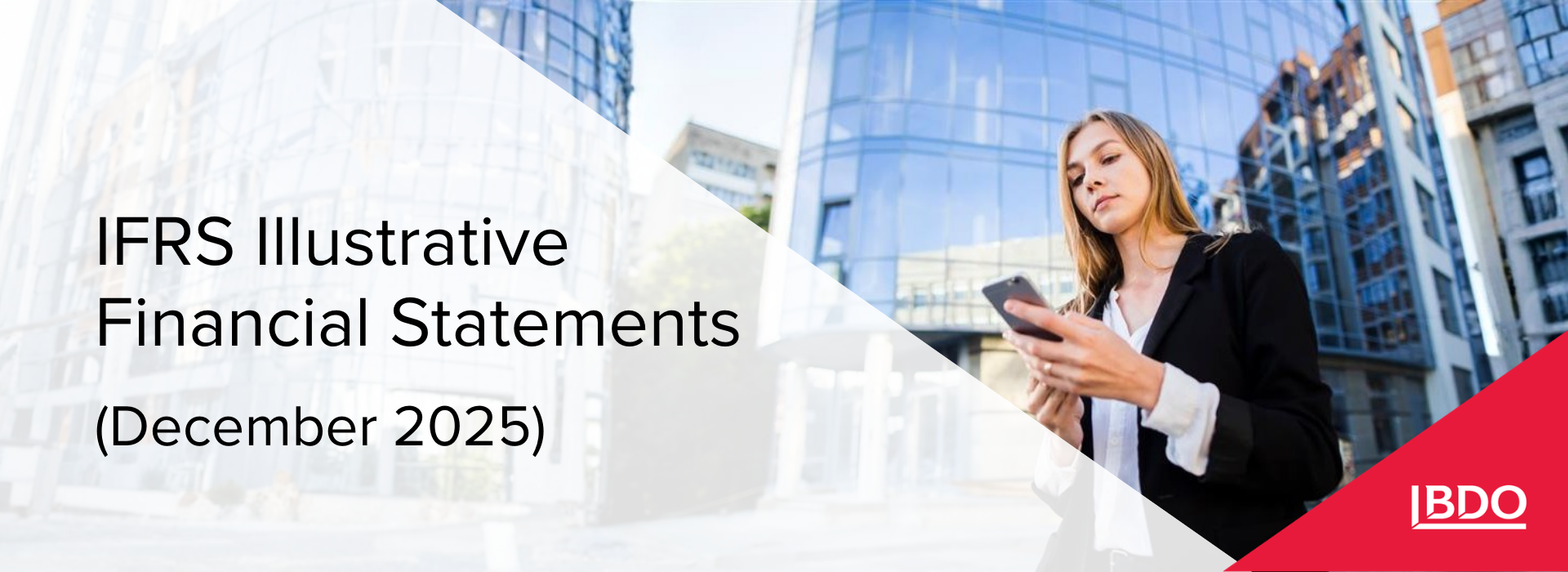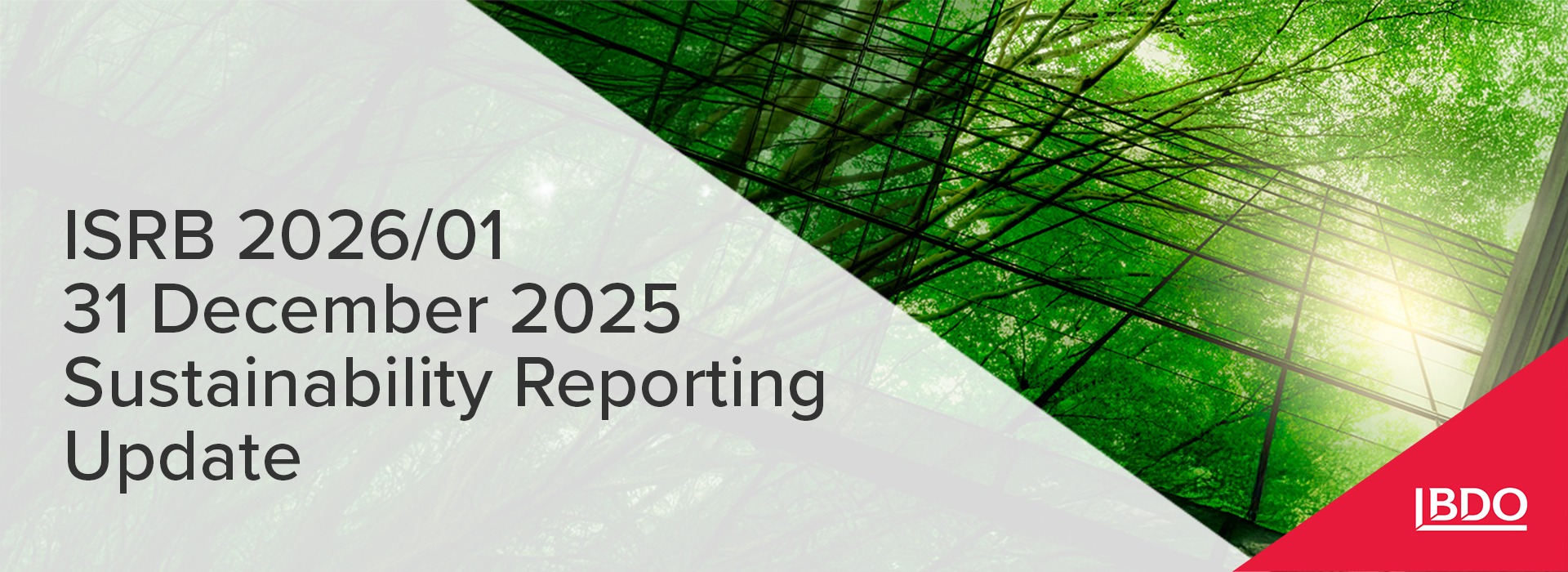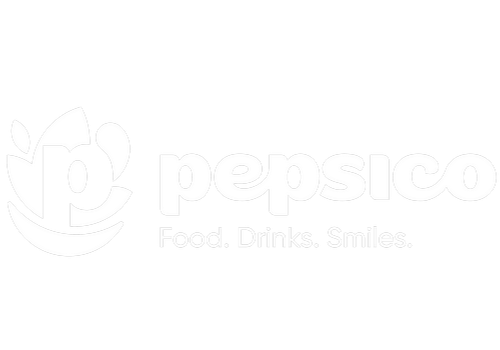As the COVID-19 pandemic continues to spread around the world and the number of confirmed infections in Ukraine reaches 669 (as of 1 April 2020), the Ukrainian government is pushing forward on several fronts to combat the virus and support workers and businesses adversely affected by the crisis.
Ukraine initially responded to the spread of the coronavirus by introducing a quarantine regime together with a range of other measures aimed at containing the negative effects of the situation (information on Ukraine’s initial anti-coronavirus legislation can be found here.
On 30 March 2020, the Ukrainian parliament took another step in tackling the crisis by introducing an additional stimulus package in the social and economic spheres.
The Law On the amendment of Certain Legislative Acts of Ukraine Aimed at the Ensuring Additional Social and Economic Warranties in Relation with Spread of the Coronavirus Disease (COVID-2019) (Business Support Law) covers a wide range of areas, including additional tax relief, changes to labor legislation and amendments to procedural terms.
Ukrainian President Volodymyr Zelensky has promulgated the Business Support Law, which went into effect on 2 April 2020.
Additional tax relief – key measures
Tax relief for the supply of anti-coronavirus products and medical equipment
The Business Support Law reinforces exemption from import duties and VAT for pharmaceuticals, medical products and medical equipment used for combatting the coronavirus and extends this VAT exemption to the supply of these products within Ukraine. The exemption is granted as per the list of products approved by the Cabinet of Ministers of Ukraine.
The exemption applies from 17 March 2020 until the last day of the calendar month of the quarantine regime duration.
Tax reliefs for production of disinfectants
Until 31 May 2020, 100% ethanol (used to produce disinfectants) will be taxed with 0% excise tax.
Tax reliefs for charity
The Business Support Law allows full deductibility for Ukrainian taxpayers on donations made to non-profit organisations or medical institutions with the aim to prevent the spread of COVID-19 within Ukraine. Such donations may include funds, medicines, disinfection products, medical equipment, protective equipment, expendable materials, reagents, food, other equipment or materials as per the list approved by the Cabinet of Ministers of Ukraine.
Earlier, taxpayers were allowed to deduct these donations for tax purposes only in the amount of up to 4% of their taxable profit for the previous year.
Rollback on relief for the land tax and real estate tax
The Business Support Law partially reversed temporary relief from the land tax, land rent and real estate tax introduced by the initial anti-coronavirus legislation package. Initially, the exemption was supposed to cover March and April 2020. However, the Business Support Law now offers the relief for March 2020 only. At the same time, the payment deadline for the land tax, land rent and real estate tax due for April 2020 was extended until 30 June 2020.
The relief is available for land plots and non-residential real estate used for commercial purposes.
Changes to the labor legislation
Remote work and flexible hours
The Business Support Law amends the Ukrainian Labour Code by introducing provisions allowing for remote work (from any location outside the employer’s premises) and flexible working hours. The latter concept works as follows: the employee’s aggregate daily working time will now consist of the fixed number of working hours and the non-fixed hours. The employee will have full discretion in the proper allocation and use of non-fixed hours. Although those provisions have already been largely provided for in the Ukrainian secondary legislation, their introduction at the level of the Labour Code is an important step forward.
Both remote work and flexible-hour conditions must be reflected in the written employment agreement with the employee. The only exemption from that rule will apply for the duration of the quarantine period when the employer’s order will be deemed sufficient to introduce the working regimes provided that the employee consents.
Quarantine as a ground for standby regime
If the company is unable to continue operations (fully or partially) during the quarantine period, it may announce a standby regime (with respect to all or part of its employees) for this period. In this case, employees on standby are entitled to receive two-thirds of their base salary. This is not a new condition, but rather an adjustment and clarification of the standby rules for the quarantine period.
Aid by the state for the short-working hours during the COVID-19 quarantine period (SWH COVID-19 Aid)
- SWH COVID-19 Aid will be payable to employers for further distribution to affected employees (whose working hours were shortened) if the employing company meets the following conditions:
- it stopped or reduced operations to comply with the anti-COVID-19 measures prescribed by the quarantine regime requirements;
- as a result of the above, it had to introduce the short-working hours (SWH) regime in respect to all or some of its employees;
- it is a small or mid-scale business;
- it has no arrears in salary payments or payments of the unified social contributions over the past five years.
- In order to receive SWH COVID-19 Aid, the employer is required to apply to the state employment authority within 30 days after it introduces the SWH with the minimum set of supporting documents, including information on the employees to whom it will apply the SWH regime.
- SWH COVID-19 Aid is paid at the rate of two-thirds of the wage for each shortened working hour but capped at the statutory minimum monthly wage (currently UAH 4723 or EUR 150). The aid is payable subject to the availability of the financial resources at the State Unemployment Insurance Fund.
- If the employer decides to furlough an employee who benefitted from SWH COVID-19 Aid (whether through voluntary or involuntary termination) within 180 days subsequent to the SWH COVID-19 Aid payment to the employee (or a lesser period if the SWH COVID-19 Aid was payable for under 180 days), then the employer will be required to pay back the entire amount of SWH COVID-19 AID received from the employment authority.
Procedural terms
The Business Support Law also extends both general and special statute of limitation periods (applicable to certain special types of claims such as product liability, cargo claims, etc.) for the duration of the quarantine.
Furthermore, the Business Support Law extends deadlines for various procedural actions in civil, commercial and administrative procedure (e.g. filing submissions and appeals, production of evidence, increasing or decreasing value of court claims, etc.) for the duration of the quarantine. In addition, in order to ensure social distancing in court proceedings during the quarantine, the Business Support Law allows parties to take part in the hearings via videoconferencing using their own technical devices, but not in the courtroom where the videoconference is taking place. This further entitles judges to prevent individuals who do not take part in the proceedings from accessing the courtroom if their presence may be hazardous to the health of the other attendees.
The Business Support Law does not affect deadlines in criminal proceedings, though it entitles the judges during the quarantine to restrict the courtroom access of persons that do not take part in the court proceedings if their presence may be hazardous to the health of others.
Finally, the Business Support Law extends the term of accruing penalties for the breach of commercial obligations (Article 232 of the Commercial Code of Ukraine) for the duration of the quarantine.
Moratorium on audits
The temporary moratorium on conducting most audits by the state authorities is now extended until 30 June 2020 (with the exception of high-risk businesses enterprises, epidemic measures control and regulated prices control).
Statutory relief for tenants
For the duration of the quarantine measures introduced by the government, tenants are relieved from the payment of rent if they are unable to use leased property due to circumstances beyond their control. The Business Support Law applies to the situation already addressed by the Ukrainian Civil Code, but specifies that quarantine measures can be considered circumstances beyond a tenant's control.
The Business Support Law fails to specify the type of leased property and tenants eligible for rent relief. Therefore, it can be applied to both residential and non-residential real estate. Moreover, it can arguably apply to movable property leases, such as the lease of vehicles and equipment.
Rent relief, however, will not apply automatically. If the landlord rejects a tenant’s claim for relief, the tenant will have to bring its claim to court. The tenant will bear the burden of proof that it was unable to use the leased property due to the quarantine introduced by the government.
Prohibition on banks to increase interest rates
As long as the quarantine measures introduced by the government are in force, commercial banks will be precluded from increasing interest rates under the loan agreements for the duration of the quarantine introduced by the government.
On a separate note, the NBU recommended that commercial banks introduce “loan holidays” to both commercial and consumer loan holders for the duration of the quarantine period and then restructure them if needed after the quarantine is over.
Corporate governance and disclosures
The Business Support Law also introduces certain anti-crisis changes to assist joint-stock companies, issuers of securities organised as limited liability companies, corporate and venture investment funds, and their shareholders (participants) in upcoming general shareholder (participant) meetings (including the annual meetings) and regular disclosures. For more details on such changes, please refer to our publication on 31 March 2020:
For more information on Ukraine's measures to combat the pandemic and provide relief to workers and business, contact your regular CMS advisor or local CMS experts.
Authors:
Olexander Martinenko, Senior Partner, olexander.martinenko@cms-cmno.com
Ihor Olekhov, Partner, ihor.olekhov@cms-cmno.com
Tetyana Dovgan, Partner, tetyana.dovgan@cms-cmno.com
Anna Pogrebna, Partner, anna.pogrebna@cms-rrh.com
Olga Shenk, Counsel, olga.shenk@cms-cmno.com
Natalia Kushniruk, Counsel, natalia.kushniruk@cms-cmno.com
Nataliya Nakonechna, Senior Associate, nataliya.nakonechna@cms-cmno.com
Viktoriia Stavchuk, Associate, viktoriia.stavchuk@cms-cmno.com
Oleksandr Protsiuk, Counsel, olexander.protsiuk@cms-rrh.com
Sergiy Datsiv, Associate, sergiy.datsiv@cms-rrh.com



























